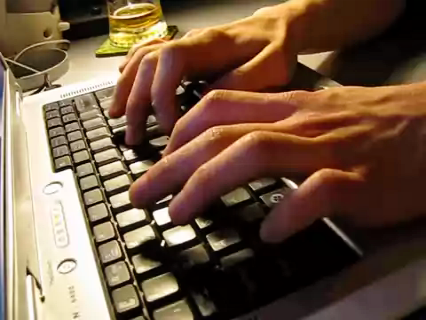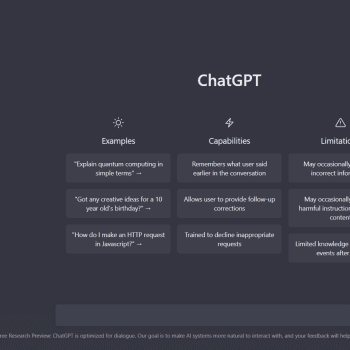In my small group at church we have been discussing the spiritual disciplines, and one of the recent topics was “unplugging,” or fasting from technology. Fasting is, of course, an ancient practice, but in the past fifty years or so it has been applied more and more to electronic devices, from the radio to the smart phone. My group really resonated with the need to take intentional, periodic breaks from the internet, e-mail, Facebook, Twitter, Pinterest, and Instagram, as well as the devices that deliver these to our eyes and brains.
A technology fast can be extremely useful, for several reasons. First, it can help us set aside time for slower but generally more edifying pursuits, from “quantity time” with family to extended sessions of reading, writing, and/or prayer. I am not new to the concept of the technology fast, but I have only tried out limited versions of it. As part of the preparation for our discussion, I committed a Saturday to a short, roughly eight-hour fast from the internet and e-mail. In the morning, my family and I went out to breakfast, and then to a nearby state park for a hike. After lunch we had a quiet afternoon, and in addition to some chores I found that I got a massive amount of reading done, finishing a book and plowing through the stack of journals and magazines (First Things, Books and Culture, The New York Review of Books) that pile up beside my recliner at home. I checked e-mail and Twitter at about 4, and was done with them for the day. Brilliant!
Second, a fast can help alleviate the stimulation and stress that come with electronic engagement. Some people in my group find Facebook’s interpersonal dynamics stressful, and have abandoned it for months at a time. I personally find that work e-mails are what stress me out the most, and there’s nothing like getting an aggravating message at about 9 p.m. to ruin a night’s sleep. So for some time, I have set a rough limit of a final e-mail check at about 5:30 p.m., and I don’t generally check it again until I am through my morning routine and on campus the next morning. This has been a huge improvement for me – it means that most days I have a built-in fast of roughly fifteen hours from e-mail. It also means that I can “batch” process e-mail in the morning, and then can leave it alone (ideally) at least until noon, when I can check and process again. (I must admit that I am not great at leaving e-mail alone during the work day, though.) 
Finally, unplugging may help us to restore our ability to think, analyze, and process long-form material and complicated projects. Nicholas Carr famously asked six years ago whether Google was “making us stupid,” and that was before the mass distribution of the iPhone (which first appeared in 2007). Constant interruptions are terrible for productivity, but there may be more fundamental ways in which the digital age is rewiring our brains, making us impatient with complex, lengthy, thoughtful material or conversations. In any case, there’s nothing that distracts us more than a constantly beeping and vibrating smart phone. I have turned off virtually all notifications on my phone, but sometimes even that is not enough. Sometimes we just need to walk away, for short periods or even weeks at a time.
I’d love to see thoughts and recommendations on technology fasts from you in the comments thread.
See also practical advice on the Tech Sabbath from The Art of Manliness blog.
Friends, I have recently started a Thomas S. Kidd newsletter. Each newsletter will update you on what’s happening in the world of American religious and political history. It will contain unique material available only to subscribers, and each will help you keep up with my blog posts, books, and other writings from around the web. [Your e-mail information will never be shared.] If you’re interested, you can sign up here.
















